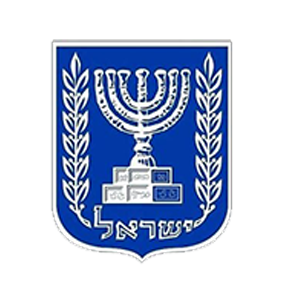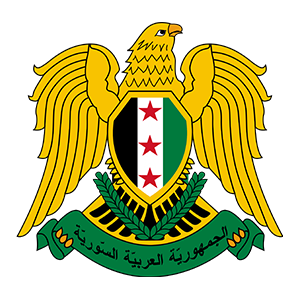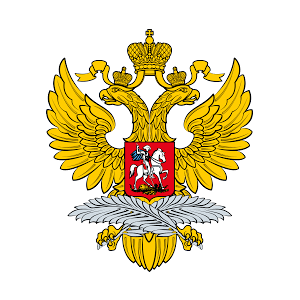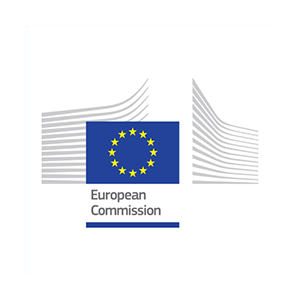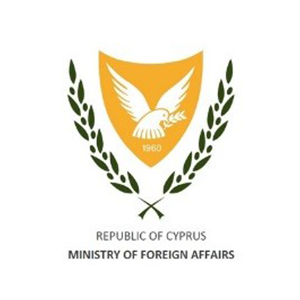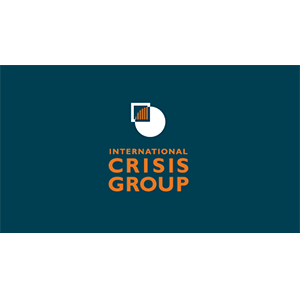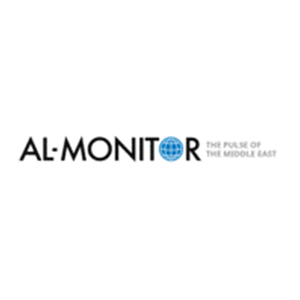Exploring the Program
Concept
One of the paradoxes of geopolitics in the Eastern Mediterranean is that, despite its inherent complexity, it is often interpreted through too simplistic explanations to understand the dynamics of regional instability and define the security challenges (“war for oil”, “Imperialism”, Islam vs. Christianity). Nevertheless, as the result of the dramatic chain events following the so-called “Arab Spring” (Syria-Libya-Egypt), broader international audiences have been gradually becoming more acquainted with the internal dangers and antagonisms stemming from the fragmented social fabric across the Eastern Mediterranean. Regional complexity and the existence of competitive sub-state systems mean that focusing exclusively on “high geopolitics” and “great power diplomacy” is not enough to understand the deep currents of change flowing across the region, without developing a deeper understanding of interactions between the indigenous state and sub-state actors. Albeit state-centric security imperatives prevail in the shaping of foreign policy priorities, state sovereignty, national cohesion, and geographical boundaries are increasingly contested in the region. Thus, objectives sought by major state and sub-state actors in this highly interdependent region vary. It is vital therefore to include the “internal realities” and peculiarities of local actors while considering the interconnections between countries and societies in the region to understand the impact of dependencies and the cross-border character of activities in the region.
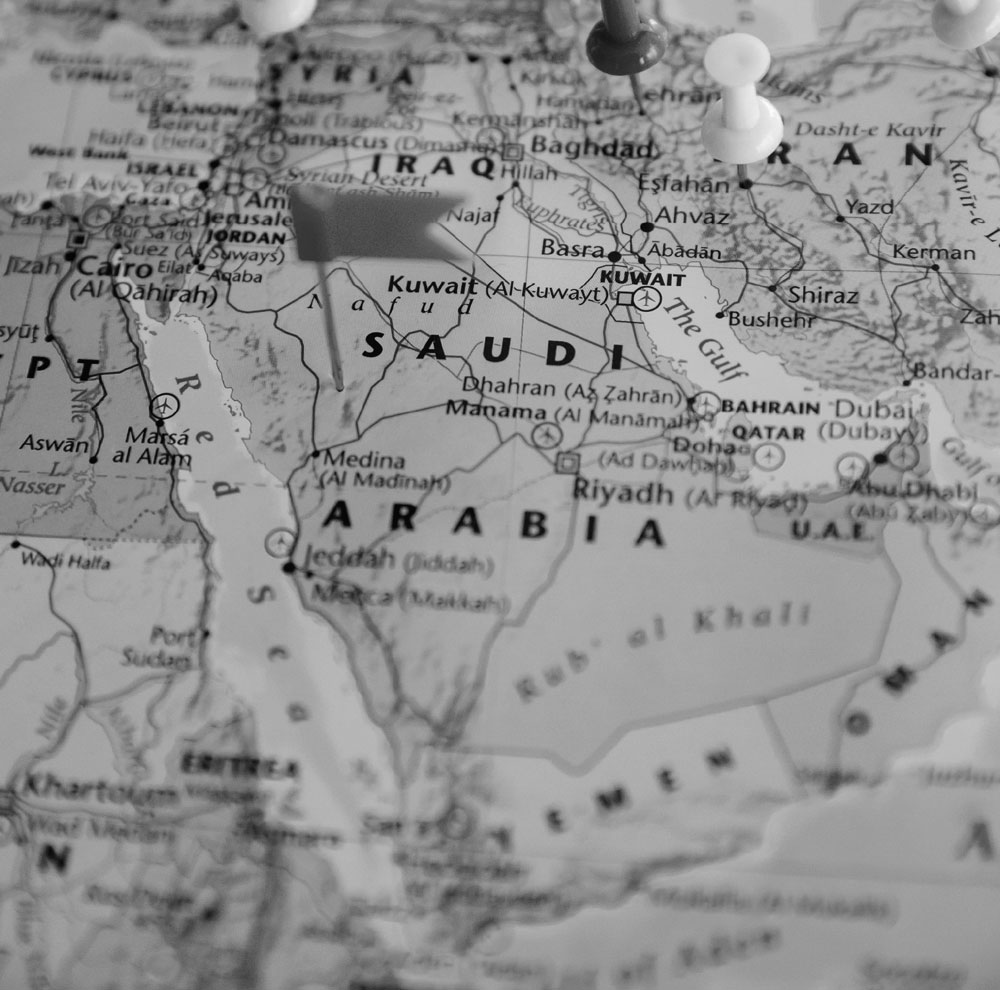
Focus
These ethnic, religious, and ideological inter-linkages provide the opportunities and constraints shaping state and sub-state security objectives. The proposed research examines the micro-picture of transnational linkages i.e. the competitive dynamics and prevailing interests that bring together or divide sub-state and state actors in order to understand the reasoning and prospects of alliance-building in foreign policy decision-making processes. The research develops in two different but interconnected levels of analysis: transnational and regional
a) How do we account for the transnational impact of the major ethnic, religious, and ideological divisions/affiliations in the Eastern Mediterranean region and how do sub-state actors influence the reformulation of a new regional order?
b) What are the competitive security objectives of key state actors in the region, and how is the region reconfigured into new “blocks of power”?
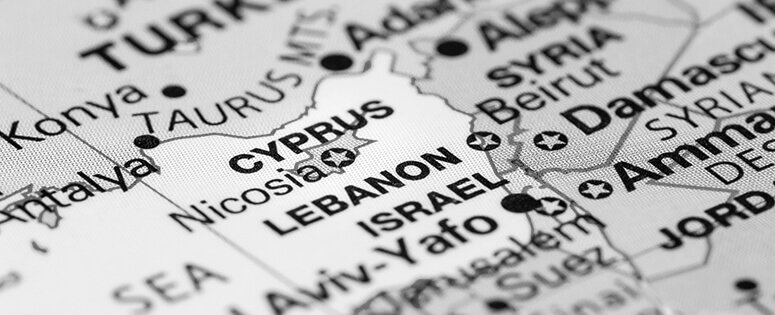
“Geopolitics from Below”
The first level focuses on the geographical configuration and security drives of key sub-state actors at the “horizontal level” and explains how commonalities and divisions across regional borders influence the construction of a new regional order from below. The second focuses on the variations in power relations at the regional or “vertical” level, focusing on the security nexus comprised by Turkey, Egypt, Israel, RoC and Greece, analyzing critical state actors and power-blocks, whose foreign policy aims are actively influencing the geopolitical order in the East Mediterranean, either to defend their national interest or to pursue hegemonic ambitions.
The two-level analysis helps to identify the salient features and interests of emerging actors and their interconnections in the Eastmed region through a bottom-up, region-centric approach. This “lower perspective” is intrinsically geospatial, focusing on the delicate ethno-political and religious synthesis and balance in the region as reflected on the nature of cross-border affiliations and the spreading of indigenous heterogeneous forces beyond formal borders activating a distinct clash of interests and leading up to the constellation of newly emerging power-blocks and alliances as a result of the overlapping security contestations between revisionist and status quo actors. Regional state and sub-state leaderships feel the need of positioning themselves in this rivalry nexus in one way or another. Taking into consideration the different perceptions of “interests” and “reality” as expressed by the actors involved, in terms of their security considerations, the research could hope to reduce the risk of superficial and simplified notions of security.
Objectives
i) Demonstrate the interdependent notions of security, and how these serve and affect the security goals of regional actors
ii) Explore the impact of cleavages (e.g. Secularism/Islamism, Minorities/Majorities) and how they have become politically divisive
iii) Examine how cross-border affiliations and collaborations affect the established geopolitical norm from below, revealing the region’s emerging “blocks of power”
The fundamental goal is to systematize our knowledge of the strategic power-shifts and local re-alignments in the Eastern Mediterranean region by exploring how such affiliations and interdependencies across have created a transnational condition for a newly emerging geopolitical order, changing the established way in which the region has “traditionally” been viewed. Our conceptual approach opens up a highly innovative research direction, helping to update and enrich our “foreign policy database” and contribute in the development of well-informed policymaking options, through a “bottom-up perspective” that focuses on the systematic study of key transnational divisions, alliances and interdependencies in the region.
Digital Geopolitics: Mapping New Actors and Dynamics
The project is designed to produce an informed and accessible picture of regional groupings, correlations, and interdependencies in the Eastern Mediterranean through the geovisualization of this otherwise unchartered and understudied but increasingly important sub-region. The peculiarities of conflict and the impact of regional fluidity and disorder demand the adoption of innovative and ground-breaking techniques of data collection and analysis. The project examines the emergence of new actors and dynamics to determine regional divisions and affiliations, illustrating the spatiality of conflict and its patterns. With the use of the GeoDa spatial analysis software we endeavour to describe the region’s i. ethnogeographic make up, ii. highlight important correlations between cross-regional /cross-border affinities and conflict, and therefore assist us in explaining patterns in the regional dynamics of the Eastern Mediterranean, following the post-2011 chain of violent events in the broader MENA region. Geospatial data analysis allows for relevant data to be made easily available and used in the actor-mapping process.
Interactive Mapping of Actors and Networks
Interactive maps illustrate the interfaces, ensuing power-shifts, and cross-regional networks among actors at different levels, and the asymmetries of power relations resulting from a veritable geopolitical reconfiguration of the Eastern Mediterranean region.
i. Conflict Dynamics: An Ethno-geographic Map of the Eastern Mediterranean
Includes an overview of regional-level concentrations of ethno-religious populations, correlating levels of conflict with cross-regional affinities and divisions.
ii. Actors Profiles Map
Profiling major traditional and emerging state and substate actors, including political parties, leaders, armed groups, and movements across the region.
iii. Network Map – Interactive Depiction of Networks
Selective depiction of cross-regional political interrelations through the detailed mapping and profiling of inter-linkages of policy-relevant actors across regional hot-spots.
Developing Policy-Relevant Research
Sharing with and promoting research to national institutions, researchers, scholars, military personnel and government officials (Ministry of Foreign Affairs, Ministry of Defence, Diplomatic Service, National Guard, political parties etc.) in Cyrpus and abroad constitutes a pillar element. A thorough knowledge of the different competitive actors in the region is a necessary precondition for devising and implementing sound policies. Theproject is expected to improve our understanding of the current and future dynamics in the changing geopolitical context of the Eastern Mediterranean region, as a basis for new and more informed policy directions and innovative knowledge production. The output provides a more complete, balanced and pluralistic insight of how the processes triggered by the post-9/11 events have shaped the geopolitical order in the region, how they influenced existing regional religious–political dichotomies, , how they contributed to the emergence of violent radicalization and the construction of new strategic alignments and how these changes have impacted on the involvement of competing regional and international interests. It will thus provide an analysis of these processes reflecting on the changing interpretative approaches that have led to a drastic rethink of concepts such as “stability”, “security”.
Dissemination Stakeholders

University of Cyprus - Dept. of Social and Political Sciences

Center for Security Studies (CSS) at ETH Zurich

Peace Research Institute Oslo (PRIO)

INCORE (International Conflict Research Institute) Ulster University

Uppsala University, Department of Peace and Conflict Research
News
Find the latest news about the project through our social media accounts

